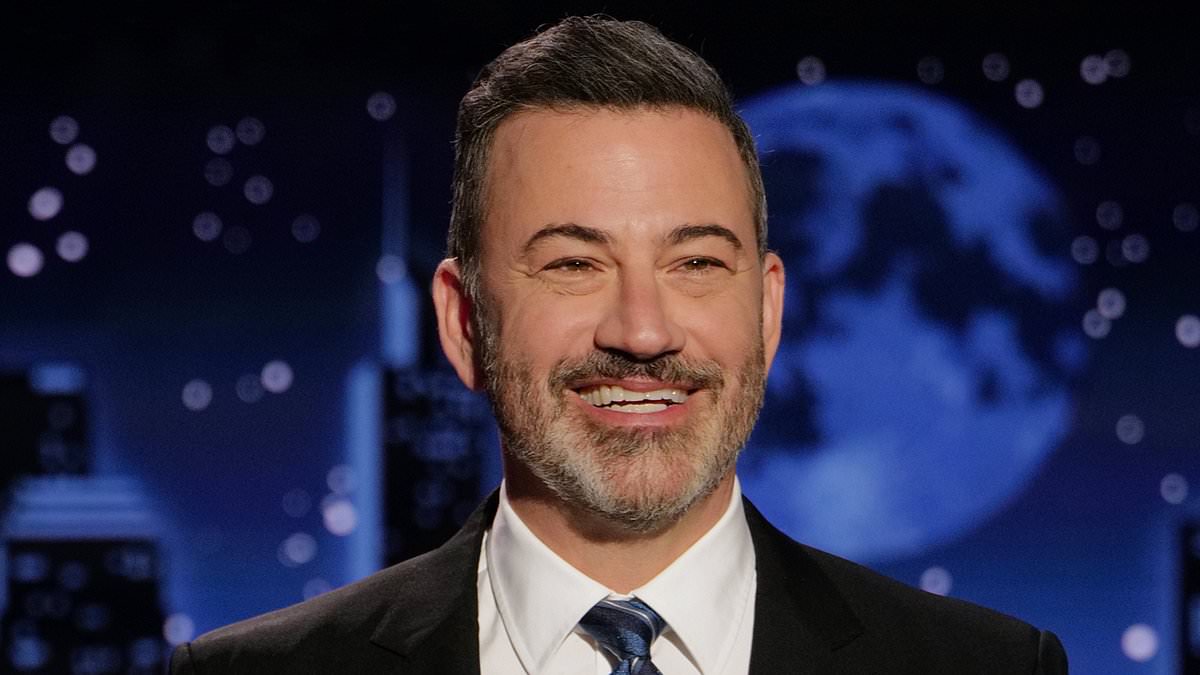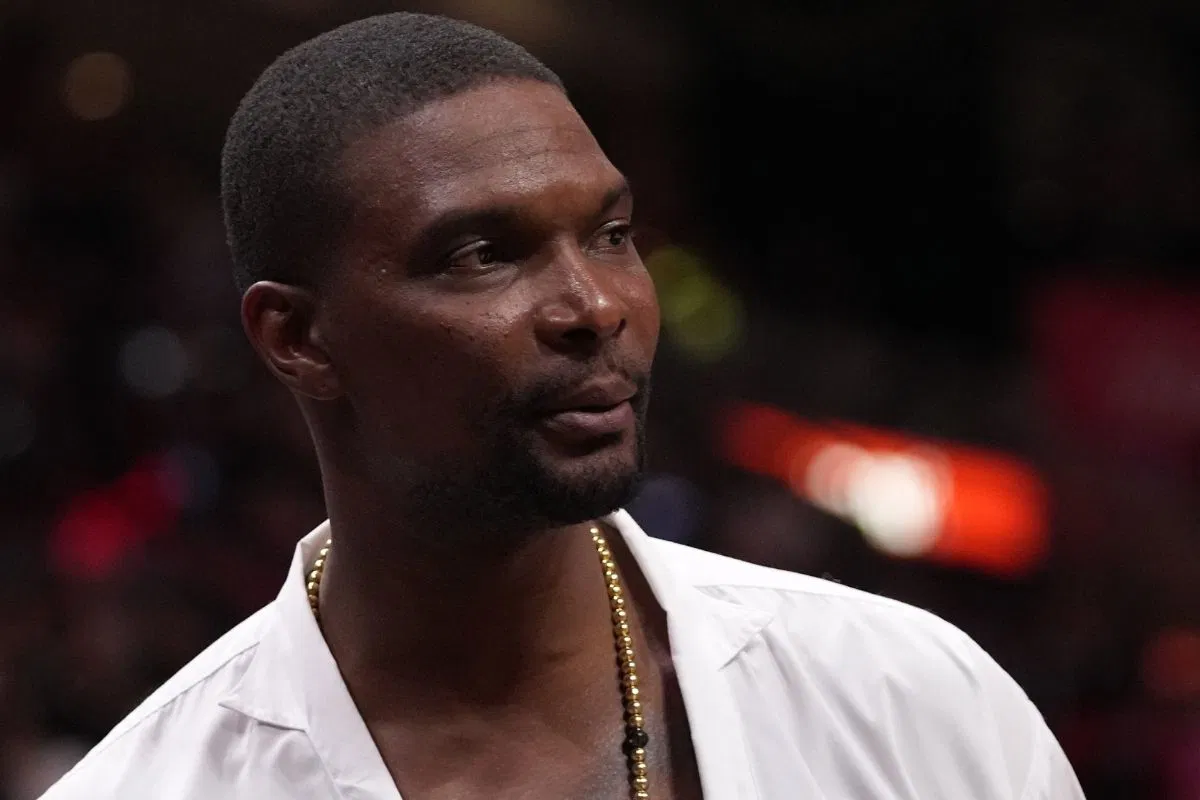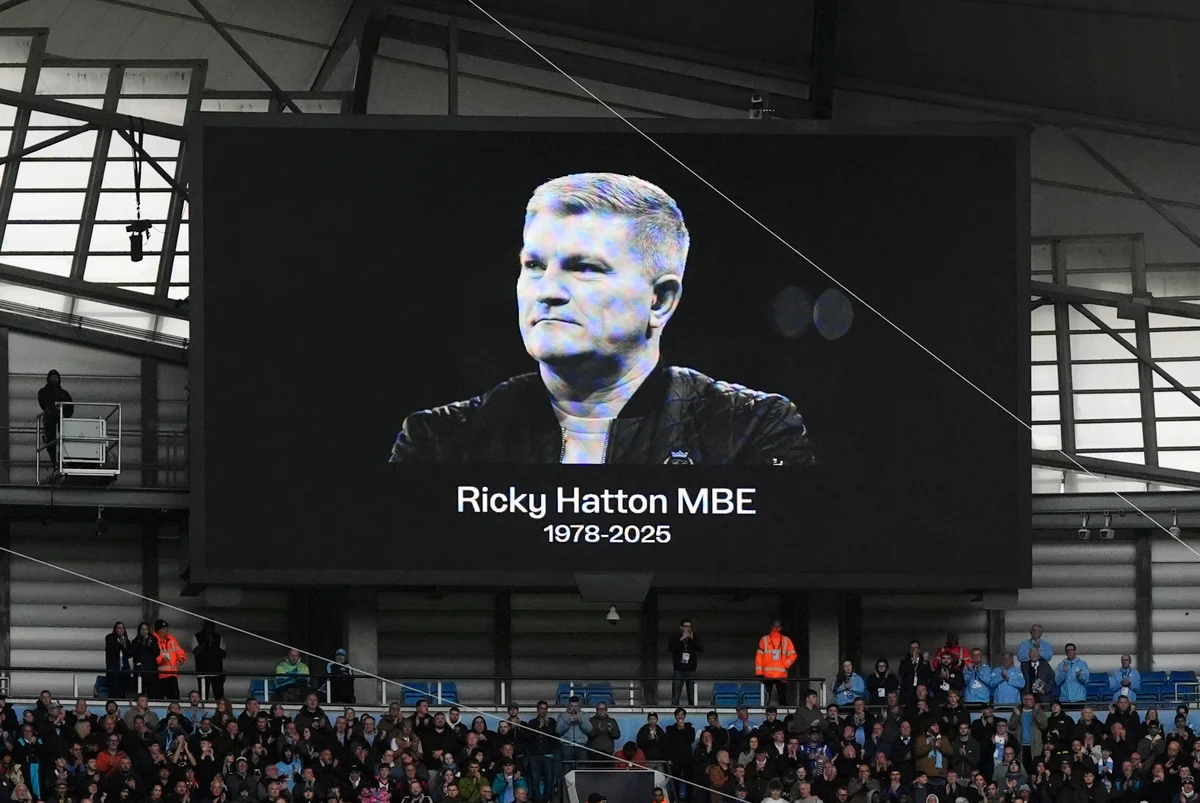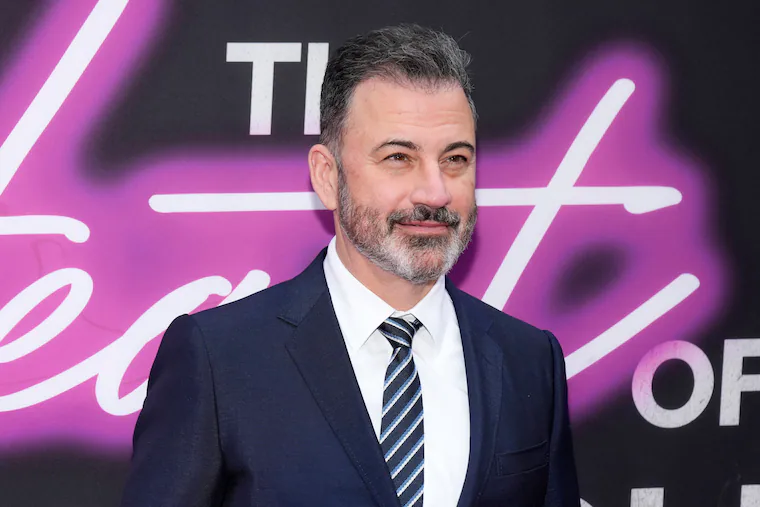Want to understand why Disney’s Bob Iger REALLY canceled Jimmy Kimmel? MARK HALPERIN brilliantly breaks down this seismic shift in America’s culture war
By Editor,Mark Halperin
Copyright dailymail

The bulletin hit just after 6 pm Eastern on Wednesday: Disney/ABC yanked Jimmy Kimmel from the air. No explanation of length. No real explanation of cause. No statement from Kimmel. Within minutes Democrats and Hollywood unions were lighting up X as if their studios were all literally on fire.
Set aside the social-media melodrama and read this moment for what it is: a sprawling test of American power — cultural, corporate, and governmental — in the completely new politics of the post-Charlie Kirk assassination era.
It’s about speech and who effectively controls it. It’s about regulatory muscle and how a single remark from a federal official can move private boardrooms. It’s about affiliate leverage, the often-ignored force that can bench a network star faster than any C-suite edict. And yes, it’s about Donald Trump’s determination to crack the entertainment monopoly that has mocked his voters for eight years.
The left’s instant storyline writes itself: ABC ‘caved.’ Media bosses everywhere are surrendering to Trump ‘bullying.’ Cowardice on parade. If you believe that is the full explanation, you haven’t been watching how this White House plays the game and you don’t fully understand the larger cultural forces at play. The administration doesn’t need to police speech directly; it creates conditions in which companies police themselves.
Consider the chain of events. The current FCC chair, Brendan Carr — whose jawboning of industry has already set records for creativity and cleverness —delivered a set of ominous, can’t-miss hints about content and licenses. Within hours, major affiliate groups, including those with substantial center-right ownership, started signaling they didn’t want Kimmel on their air. Nexstar moved first, dropping his show from stations it controls. ABC and Disney suddenly faced a Swiss-cheese network map. The ‘indefinite suspension’ followed. Indefinite, of course, is executive-speak for ‘until we see whether the storm breaks our way.’ And it might not.
This isn’t a First Amendment case in the courtroom sense; it’s a case study in regulatory intimidation and risk management. If a company believes a regulator will make its life miserable — on licenses, mergers, spectrum, consent decrees — it doesn’t wait for the hammer. It ducks.
The White House knows this. It is not censoring; it is engineering a climate of self-censorship, where a single threatening line in a speech produces a week of corporate compliance memos. The left can’t counter this with hashtags. You need institutional power to fight institutional pressure. And they no longer have much of that power, certainly nothing like in the olden days.
Meanwhile the backlash has real breadth — the WGA, AFM, Gavin Newsom, Ben Stiller, the ACLU and more are on the way, including the comedian class, which will rally perhaps even more strongly than it did over the cancellation of Stephen Colbert.
Their complaint is straightforward: a comedian is out because politics collided with television. But that complaint elides a second reality: for years, broadcast networks shoved a one-sided cultural sermon into living rooms and told the other half of the country to smile through it. ABC ran two daily hours — ‘The View’ and Kimmel — that treated Trump with unrelieved hostility and insultingly treated Trump voters as a punch line. If you’re looking for reasons tens of millions migrated into the president’s camp, that steady contempt is as good an Exhibit A as you will find.
Which brings us to Disney CEO Bob Iger. He now presides over a company forced to navigate Trump’s America, a marketplace where viewers, advertisers and affiliates are no longer willing to bankroll programming whose sensibilities read like an issue of ‘The Nation.’
Iger’s problem isn’t just political; it’s structural. Broadcast networks still rely on affiliates — many owned by groups whose profits depend on audiences far from Los Angeles and Manhattan. When those owners see a regulatory gun on the table and a restive customer base at the door, they act — fast. The supposed omnipotence of the network and the big studios is suddenly constrained by the reality of stations that can refuse the feed.
There’s another thread here that Hollywood and the progressive commentariat won’t like and about which they are clueless: the culture war is no longer a one-way battle. For decades, the left held the megaphone: late night, awards shows, prestige dramas, streaming algorithms. The right’s tools were talk radio and a few corners of cable news. But this is a different time.
Team Trump has learned that you don’t need to own Hollywood to break its chokehold (although the Ellisons are altering that reality, too, with an inside-the-tent play); you need to make studios and networks understand that the costs of sneering at half the country now exceed the benefits. The FCC can’t outlaw mockery; it can make the business model expensive. Affiliates can’t script the punch lines but they can pull the pipe.
None of this excuses heavy-handed rhetoric from government overseers. Conservatives who cheered the Kimmel suspension should be honest about the dangers of jawboning. Power changes hands. The tactics you applaud today can be used against you tomorrow. A healthy speech culture requires clear rules, transparent standards and a regulator who doesn’t play coy enforcer from a podium or podcast mic. If the FCC has concerns, better to say them plainly, publish the rationale, invite scrutiny and stop the wink-and-nudge routine that leaves corporations guessing — and silencing.
But it also requires an entertainment industry that remembers it is a business, not a ballot initiative or a propaganda operation. You want the broadest audience in a fractured country? Try something radical: respect them. Not with forced neutrality or mealy ‘both sides’ scripts, but with a simple rule — no nightly contempt for the people who pay the bills. If Disney wants to keep Kimmel, it can; it just has to own the choice and carry the cost. If it wants to win back affiliates and viewers, it might ask why the mock-the-rubes format feels tired at best and hostile at most outside coastal zip codes.
So where does this go? We don’t know; the company won’t say how long ‘indefinite’ lasts, and Kimmel hasn’t spoken. But the message from the suspension is already clear. Free speech is being reframed as corporate risk, and corporate risk is being recalculated by regulatory threat and affiliate clout. The Charlie Kirk tragedy scrambled emotions and politics; this episode shows how quickly it scrambled protocols as well.
I don’t like censorship or comedians losing their jobs over jokes. But one of the most significant guardians of the prerogatives of liberal Hollywood — Bob Iger — has now not just blinked, but shut his eyes tight and bent the knee, yet again, toward the MAGA point of view. The Mouse House topper, more than most Hollywood liberals, knows what time it is, willing to outrage many of his own employees and constituents to try to stay one step ahead of the new reality.
We are watching something unprecedented, set in motion by both Trump’s re-election and the assassination of Charlie Kirk. It is possible Kimmel will return to the air and he certainly won’t leave the metaphoric stage without a fight. But we have not seen the last of this whirlwind. As much social and political change as Kirk manifested in life, more upheaval is clearly being caused by his death.



